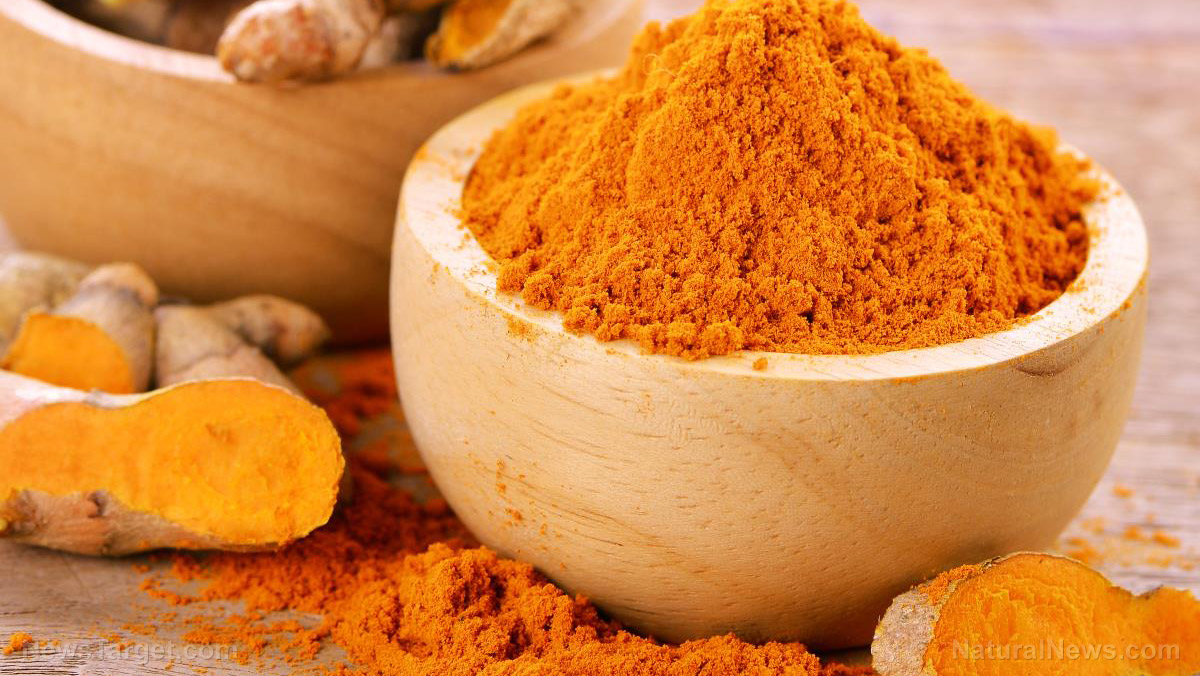Are you getting enough vitamin D? Low levels linked to compromised immune function
11/13/2018 / By Lance D Johnson

From the day a child is born, to every “well baby” doctor visit thereafter, Americans are trained to believe that vaccination is immunization. If you don’t receive every recommended dose of vaccine on time, as scheduled, you are putting your child and the community at risk… so we’re told.
What if healthy immune function was much simpler and didn’t require perpetual submission to doctors and toxic scientific experiments? What if the diseases we are taught to fear can be prevented and/or addressed holistically — starting with proper vitamin D levels circulating in the blood.
Low vitamin D levels promote disease
When protecting children, the elderly, and pregnant mothers from infectious disease, one of the questions we should be asking is: Are we getting enough vitamin D in our blood? Studies show that low levels of vitamin D cause compromised immune system function. A person who is deficient in vitamin D has a weak T-cell response during any infection. If protecting children and the community is so important, why aren’t vitamin D levels as important to individual and herd immunity as vaccination requirements are?
When a person has high vitamin D levels, they heal more quickly from infections and are more likely to avoid an infection. Vitamin D, breast milk, Vitamin C, colloidal silver, probiotics, zinc, apple cider vinegar, elderberry syrup, adaptogens, raw honey, oregano and many other medicinal herbs are great tools that strengthen the human immune system response to prevent and/or overcome infection.
Not only does vitamin D strengthen T-cell and macrophages response, it supports heart and bone health and protects against cancer. Vitamin D also benefits mental health, boosting mood and cognitive function. Low vitamin D levels are also linked to chronic inflammation, which is a precursor to many disease processes. Vitamin D reduces inflammation at the DNA level, affecting the receptors within the DNA. For long term pain management and mental health, consider vitamin D.
Have you taken your vitamin D today?
The best immunization practices should include maintenance of high vitamin D levels. Because the human immune system is activated by sunlight exposure, sun block chemicals are counterproductive to your health. Sun block chemicals not only interfere with hormonal health, but they restrict the amount of vitamin D that can be processed within the skin; therefore, sun block chemicals promote disease. Vitamin D is much harder to come by for people who live north of the 30 degree latitude line, for people who work indoors, or for people who have to endure long winters. In these instances, vitamin D supplementation is often required.
Most people benefit from several 20 minute intervals of sun exposure throughout the week. If you cannot soak up the sun every day, choose a clean vitamin D supplement. Depending on your current vitamin D level, you may need anywhere from 1000 to 5000 IU per day to stay healthy. People who are chronically deficient in vitamin D may need to supplement with 10,000 IU per day. For proper synthesis of vitamin D, choose foods rich in omega 3s. The best way to know for sure if you are protected is to take a vitamin D blood test.
Even though vaccine science elicits an immune response in serum (mainly because the aluminum adjuvant aggregates a response) that does not guarantee that each person’s immune system will respond effectively to the antigen and achieve immunity for life. For much stronger immunity against all pathogens, make sure your vitamin D levels are up, your T-cell response is effective, and your microbiome is equipped for proper assimilation of nutrients so that you can achieve natural, lifelong immunity to the unseen world of pathogens you face on a daily basis.
You don’t have to fear disease if you know how to activate your immune system at the DNA level. You don’t have to turn to toxic vaccinations, if you know how to utilize and engage your own immune defenses. For more studies, visit VitaminD.News.
Sources include:
Tagged Under: blood test, disease prevention, health assurance, immune system, immunology, microbiome, natural remedies, nutrients, prevention, sunblock, supplementation, T-cells, vaccination, vitamin D



















